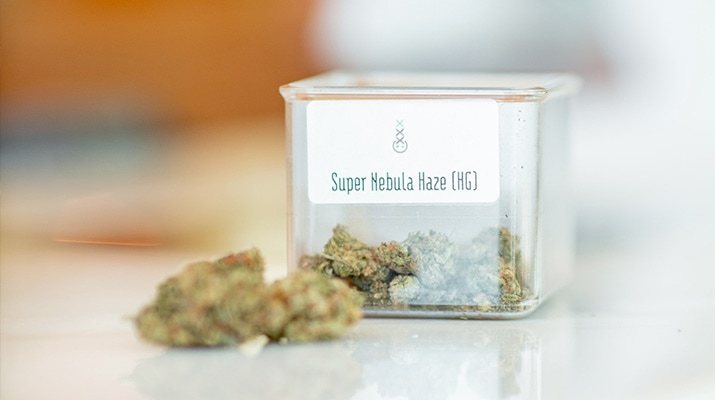
A Brief on the Cannabis Workers Compensation in Arizona
Although marijuana is allowed in more than sixty percent of the state of Arizona, companies still have doubts about Cannabis Worker’s Compensation in Arizona. will and will not cover what they may do about employee marijuana usage. Can an employee who suffers a job accident and tests positive for marijuana be refused workers’ compensation benefits?
The short answer is that it depends. Employers will most certainly continue to discover contradictions between state and federal legislation governing medicinal cannabis products and workers’ compensation until marijuana is legalized nationally. It will very certainly come down to the burden of proof.
Employers would have difficulty proving that marijuana use played a role in the injury because there is no reliable way to confirm whether or not an injured employee was high at work when the damage occurred. After all, marijuana stays in a person’s system for weeks, and there is no THC breathalyzer.
These are some of Arizona workers’ most frequently asked questions about cannabis usage, the workplace, and Cannabis Worker’s Compensation in Arizona.
Can employees use medicinal marijuana to treat work-related injuries For Cannabis Worker’s Compensation in Arizona. ?
Yes, if they have a valid, state-issued medicinal marijuana identification card. Commercial driver’s license holders and staff in other safety-sensitive professions, on the other hand, may be barred from returning to work for some time following such use Cannabis Workers Compensation Arizona.
Acquiring such a card requires a physician to affirm the employee’s condition as qualifying for medicinal marijuana, followed by an application process and price.
Are businesses obligated to allow their employees to consume marijuana for medicinal purposes?
No. Employers are not compelled to facilitate medicinal marijuana usage in the workplace, even where it is legal. They may also continue to enforce drug policies and restrict their workers from consuming or being impaired by marijuana at work, even if they take medicinal marijuana on a doctor’s prescription and have a registration card. Furthermore, everyone is subject to random drug testing; medicinal marijuana users are not excluded. These are some of the criteria for Cannabis Worker’s Compensation for Arizona.
Should employers demand a drug test to determine whether an injured worker has marijuana in their system?
If you feel marijuana was a factor in the injury, you should get it tested. You should also ensure that you have written procedures that explain when and under what circumstances drug testing will be necessary. It’s also critical that you make your employees aware that non-medical workers’ compensation payments can be cut in half if a drug test reveals an intoxicant – even if it’s legal, like alcohol or marijuana – in their system at the time of the accident. Make such information available in your employee handbook and correctly displayed.
What happens if the test reveals that my employee has marijuana in their system?
Most state statutes infer that if a drug test shows traces of marijuana in a worker’s system during work hours, the worker was drunk, and the intoxication caused the injury. It was one of the great rules published by Arizona. As a result, missed pay benefits can be mitigated if not eliminated. Furthermore, the insurance provider may argue that the worker is liable for their medical expenses because they were high at the time of the occurrence.
Will workers’ comp cover the cost of a medicinal marijuana prescription?
Several states’ employees injured on the job have fought and received compensation for medicinal marijuana from carriers. However, regulations are developing to prohibit such payments expressly. As previously stated, the Minnesota cases that the United States Supreme Court may consider should assist clarify, if not settling, this dilemma.
Arizona voters approved Proposition 207, which legalized cannabis in the state, in the November 2020 election. When the bill is passed, adults will be permitted to legally consume, possess, and transfer 1 ounce of cannabis.
The law also permits the growing of a limited number of cannabis plants for personal use. Furthermore, Proposition 207 modifies the rules governing cannabis criminal categories. It also allows persons who have already been charged with marijuana offenses to have their convictions overturned in light of the new law. Because of this rule, cannabis cultivation has increased significantly in certain areas and so is the prominence of Cannabis Worker’s Compensation in Arizona.
